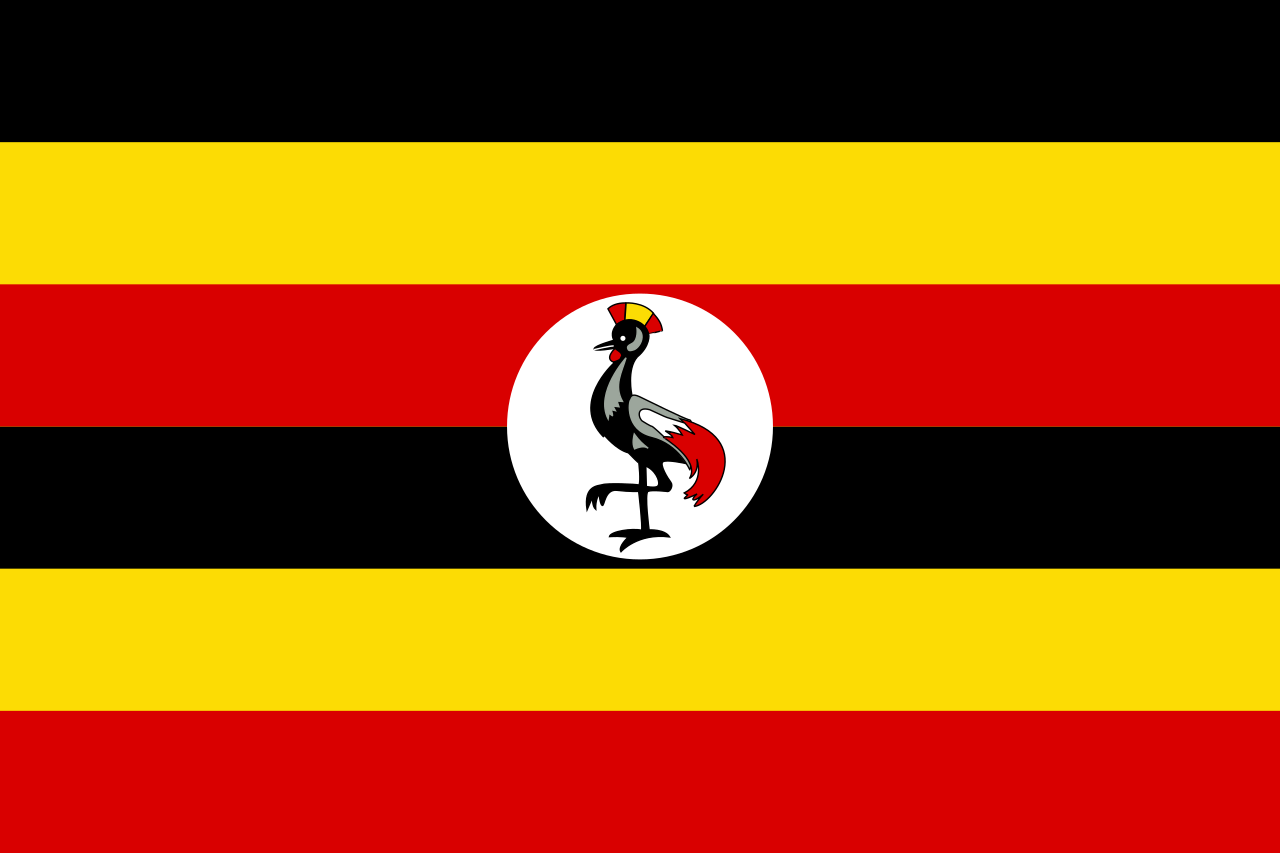JUBA – President Salva Kiir has this evening arrived in the Ugandan capital Kampala to take part with other African heads of states in the celebration for Uganda’s 60th independence anniversary.
The neighboring country is marking 60 years of independence on Sunday, October 9th, since gaining independence from Britain in 1962.
“H.E Salva Kiir, the President of South Sudan has arrived in the country,” the Ugandan presidency said in a statement on its twitter handle this evening.
“He joins H.E Ruto (Kenya), H.E Ndayishimiye (Burundi) who arrived earlier for tomorrow’s Independence Day celebrations. Prior to the event, their Excellencies will be hosted to a state dinner,” the statement,” the statement adds.
Kiir was given a low-profile reception as little-known officials appeared to receive him at the airport.
His visit will be an opportunity for him to discuss bilateral relations with Museveni.
He is also expected to meet his newly-elected Kenyan counterpart William Ruto on the sideline of the celebration. - Sudans Post






